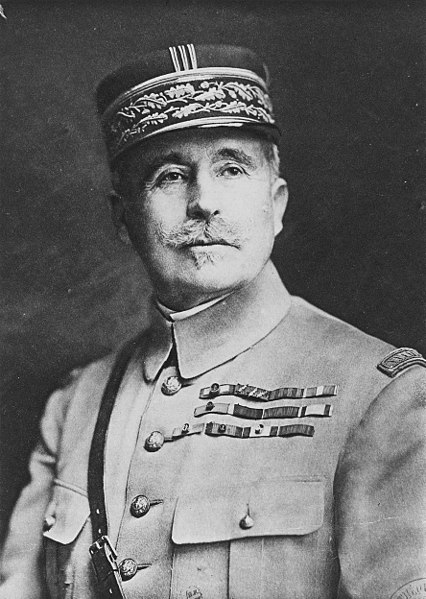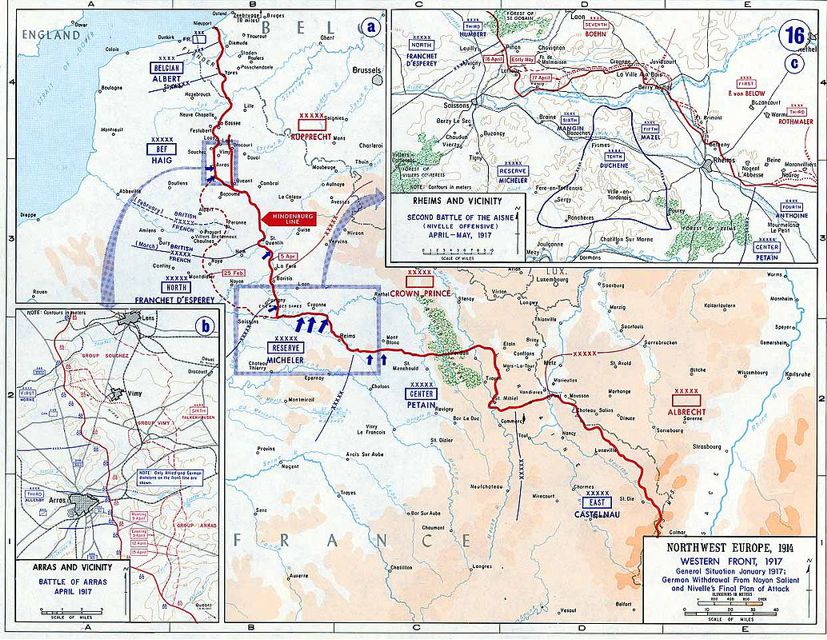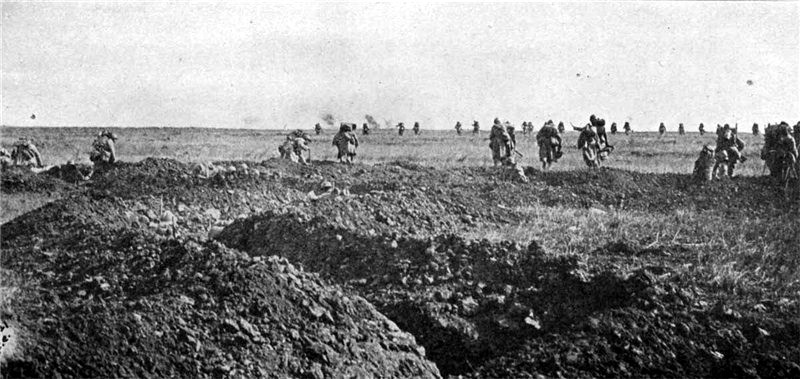
November 1916.
The war of attrition is taking its toll on the Allied powers and cracks are starting to appear.
Captain ‘Blinker’ Hall, Head of Naval Intelligence, must strive to keep the alliance with France alive – and use all his guile to bring the Americans into the war.
Johnny Swift, a reckless former diplomat turned soldier, is convalescing in London, working for Naval Intelligence.
Hall knows how to use Swift’s talents for duplicity to their fullest and sends him to Paris to flush out a traitor undermining the French war effort.
Room 40, the Royal Navy’s code breaking unit, deciphers a telegram that presents Hall with a dilemma. Its use could recruit America to their cause – but also give away the secret that the codes have been broken and cost Britain the war.
Swift takes up his role in Paris and is soon caught in a web of intrigue involving Mata Hari, the Dreyfus Affair, and the catastrophe of the Nivelle Offensive.
The fate of the conflict rests on a knife edge.
The traitor still lurks in the shadows of Paris’s Art Nouveau grandeur and Swift must locate him before he can betray the Allied cause.
Guest Post
‘I have the formula’ – The catastrophe of the Nivelle Offensive

By April 1917 the Allies and the Central Powers had been locked in the stalemate of trench warfare for nearly three years. Numerous offensives had failed to breakthrough at a terrible cost in men. New tactical and technological innovations were developed with some success. General Robert Nivelle, the French commander in chief, was convinced that he’d developed the ‘formula’ to break the deadlock. Nonetheless the offensive he planned was destined to fail from the beginning, with catastrophic consequences for the French Army.
Nivelle built on his experiences of fighting at Verdun, where he had carried out meticulously planned, small scale surprise attacks that struck at the weak points in the enemy line, with overwhelming violence.
Nivelle believed his method could rupture the German lines and achieve a breakthrough within 24 to 48 hours. Assaulting on a narrow front an artillery barrage would blow a passage through the entire breadth of the German lines. The infantry would then pour through the gap in a violent thrust out into open ground, outflanking the Germans.
However at the end of February 1917 the Germans began the process of shortening their line, pulling back to the infamous Hindenburg Line, leaving a trail of destruction in the former occupied territory.
This changed the whole make up of the French offensive, as they now had to attack much stronger positions on the Chemin des Dames ridge-line, over 600 foot up the Aisne valley. Intelligence on the new positions was very bad so the French had no idea what awaited them. The meticulous planning that characterised the Verdun attacks was now gone.
Surprise was also gone. The Germans launched a trench raid on 4 April and captured details of the attack. In all likelihood the Germans had got wind of the offensive long before that. If they hadn’t they were the only people who hadn’t. It was wildly spoken of in Paris, Neville was also notoriously indiscreet.
Much of this was pointed out to Nivelle at two separate meetings with his generals, but Neville talked the dissenters round. Neville interpreted the German withdrawal as a victory and that he had them on the run. He also pointed out that only the offensive could give victory.
The French Army had continuously been in search of a Napoleonic figure, to deliver something fantastic. They wanted to believe that Nivelle’s plan, for all its faults, would win the war for France.
There was also growing unrest at home and in the ranks, as war weariness increased; fuelled by German propaganda. The government wanted to end the war before France followed Russia into revolution. Neville’s charisma and enthusiasm managed to instil hope once again in the French Army, after it had endured the meat-grinder of Verdun.

The start of the offensive was delayed by appalling weather, however by 16 April 1917 it could not be delayed any longer. The British had launched diversionary attacks at Arras and would be left in a difficult position if Neville did not attack as planned.
Hampered by driving rain and spread over too wide an area the artillery barrage only destroyed the front line German trenches. It failed to destroy their reserve, or their positions on the reverse slop of the Chemin des Dames ridge-line. The French troops had to slog up hill, through mud, barbed wire and machine guns. In many sectors they were completely pinned down and where they advanced were subject to ferocious German counter attacks from every direction.
It is estimated that the French suffered over 130,000 casualties, for the sake of modest territorial gains and a few thousand captured Germans. The offensive dragged on until Mid-May, but it was clear from the first day that the offensive had failed and with it the last hope of the French Army went.

No longer willing to die in pointless attacks French soldiers began to mutiny. Although they continued to hold their positions at the front, troops resting in the rear refused to go back up the line and rioted. The disorder continued from May until the end of June 1917. When Pétain, who had replaced Nivelle, regained control. He shot the ringleaders, but introduced reforms that improved the conditions of the troops. However the French never mounted a full scale offensive again.
AMAZON UK: https://www.amazon.co.uk/gp/product/B09S6TB6FS
AMAZON US: https://www.amazon.com/Enemies-Allies-Johnny-Swift-Thrillers-ebook/dp/B09S6TB6FS
Meet Alan Bardos

Writing historical fiction combines the first great love of Alan Bardos’s life, making up stories, with the second, researching historical events and characters. He currently lives in Oxfordshire with his wife… the other great love of his life.
There is still a great deal of mystery and debate surrounding many of the events of the First World War, which he explores in his historical fiction series. Through the eyes of Johnny Swift, a disgraced and degenerate diplomat and soldier.
The series starts with the pivotal event of the twentieth century. The Assassination of Archduke Franz Ferdinand. The second book ‘The Dardanelles Conspiracy’ is based on an attempt by Naval Intelligence to bribe Turkey out of the First World War. In the third book Johnny will be employed as a useful idiot to flush out a traitor working to undermine the Allies.
Connect with Alan
Instagram: https://www.instagram.com/alanbardos
Facebook: https://www.facebook.com/AlanBardosWriter/
Twitter:https://twitter.com/BardosAlan
BookBub:https://www.bookbub.com/profile/alan-bardos?list=about
Amazon Author Page: https://www.amazon.co.uk/Alan-Bardos/e/B01DPOHFS2
Goodreads: https://www.goodreads.com/author/show/15142092.Alan_Bardos
YouTube Channel: https://m.youtube.com/channel/UCVOmjSYz2Eg7ChVFN3ygS5Q